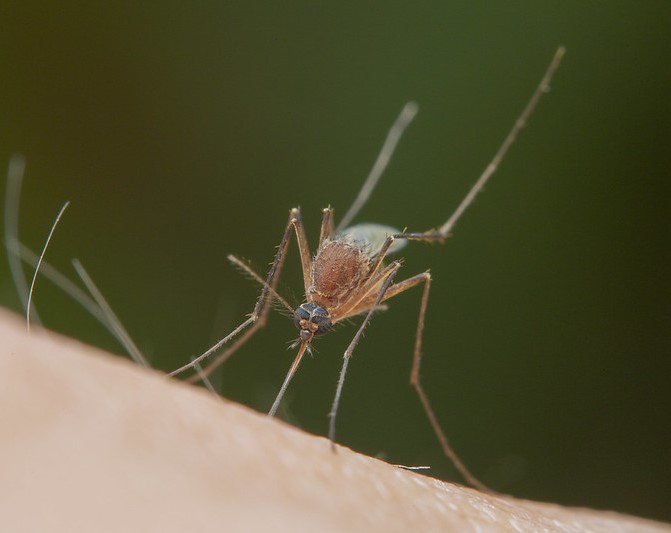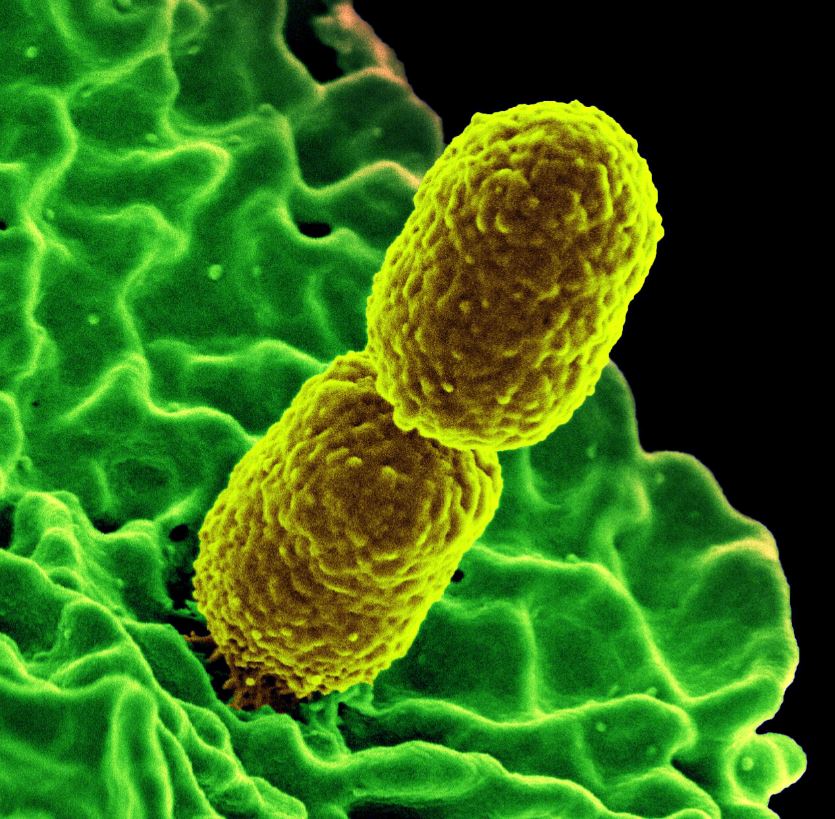The rate of eating disorder diagnoses among UK girls 13 to 16 years old during the first 2 years of the pandemic was 42% higher than expected, according to a study yesterday in The Lancet Child & Adolescent Health. The study also found that rates of self-harm increased 38%.
The study was based on health record from 9,184,712 patients aged 10 to 24 years (52.7% female and 47.3% male) from January 1, 2010, to March 31, 2022. Using models, the study authors predicted the expected rates of eating disorders and self-harm, had the pandemic not occurred, from March 2020 to March 2022.
The authors found that, among 13- to 16-year-old girls, the rate of eating disorder diagnoses was 42.0% higher than expected (95% confidence interval [CI], 25.7% to 61.3%), with 3,862 observed cases compared with 2,713 projected cases. In the same cohort, the rate of self-harm diagnoses was 38% higher than expected, with 9,174 observed cases and 6,631 projected cases.
Rates were also 32.0% (95% CI, 13.3% to 53.8%) higher than expected for girls aged 17 to 19 years, whereas other age-groups showed little difference between observed and expected incidence, the authors said.
Rates for boys for both eating disorders and self-harm were lower than expected, by as much as 22.8% (95% CI, 9.2% to 34.4%) for eating disorders and 11.5% (95% CI, 3.6% to 18.7%) for self-harm.
The authors conclude that their findings indicate an urgent need for intervention.
Maintaining vigilance
In a related commentary, psychiatrist Tamsin Ford, MB BS, at the University of Cambridge, wrote, "All individuals who work with children, young people, and families should be alert to both eating disorders and self-harm in their clientele, as young people frequently conceal both these difficulties."
Young people frequently conceal both these difficulties.
"Although children and young people's services might currently bear the burden of the increased incidence, these data are a warning signal for adult mental health services, as both eating disorders and self-harm frequently persist and co-occur with other mental health conditions."
 Ad
Ad











